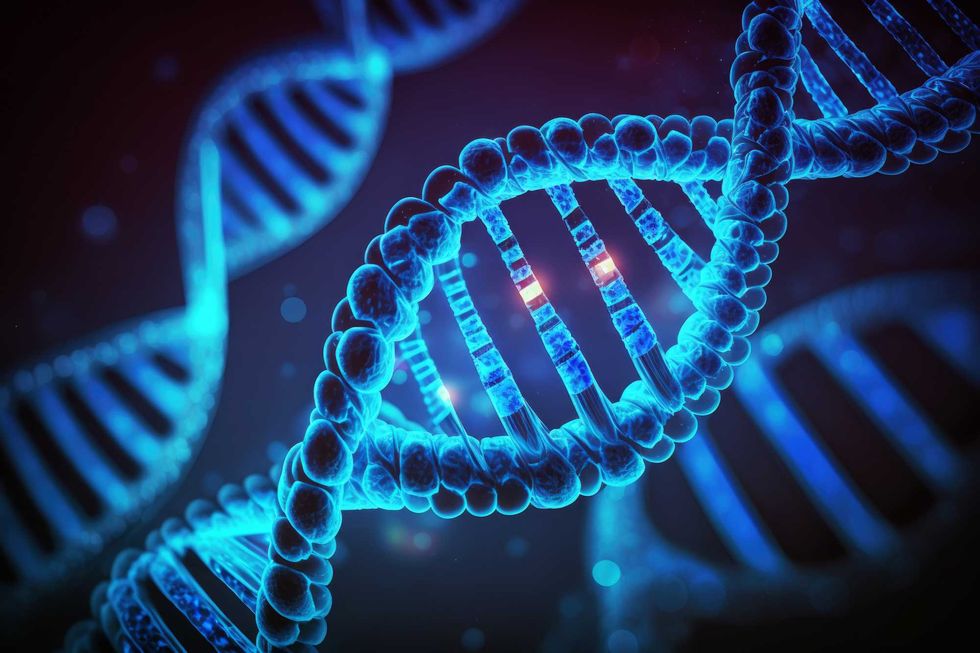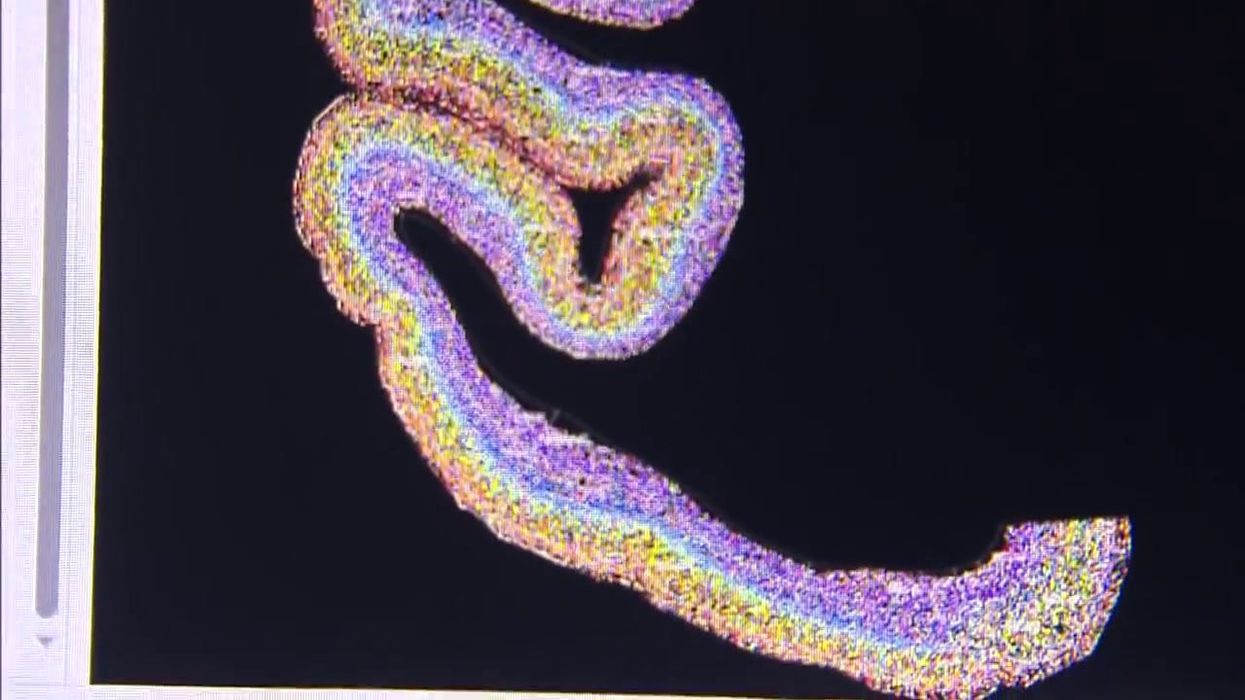Ellie Abraham
Jan 05, 2026
World's First Single-Cell Spatial Transcriptome of Macaque Cerebral Cortical Cells Released
Times of India - English / VideoElephant
The human body is a marvel of science and researchers have discovered a strange reoccurring mathematical pattern within its cells.
Our bodies are made up of a massive variety of individual cells with countless different functions, from neurons in our nervous system to the oxygen carriers that all work in harmony to keep us alive.
Experts from scientific research institutions in Germany, Canada, Spain, and the US have worked together on a study to determine just how many cells of each type there are in the human body and the results are staggering.
They found that most adult males possess around 36 trillion cells, while adult females have in the region of 28 trillion cells. For a 10-year-old child, they have around 17 trillion.
Interestingly though, scientists discovered that, regardless of the total number of cells, if they are grouped according to their function, the proportions for each individual remain the same.

The researchers explained in their findings: “These patterns are suggestive of a whole-organism trade-off between cell size and count and imply the existence of cell-size homeostasis across cell types.”
Scientists believe there is a natural balancing act at play between different cell types with new cells being produced to maintain the balance.
The body produces fewer larger cells (such as muscle fibres) and more smaller cells (like blood cells). It is hoped that future studies will be able to uncover exactly how this happens and how bodies seem to naturally regulate cells.
They explained that all cells are perfectly sized for their roles and any deviation from their scale can indicate the presence of disease.
Experts have made their data, analysis and results public in the hopes that future studies into biology will be able to utilise their research.
This article was originally published on 21 September 2023
Elsewhere from indy100:
- 'Death by a thousand cuts': Scientists discover little-explored planet that rains shards of glass
- Strange signal from the bottom of the ocean detected by scientists for first time
Sign up to our free Indy100 weekly newsletter
Have your say in our news democracy. Click the upvote icon at the top of the page to help raise this article through the indy100 rankings.
Top 100
The Conversation (0)














